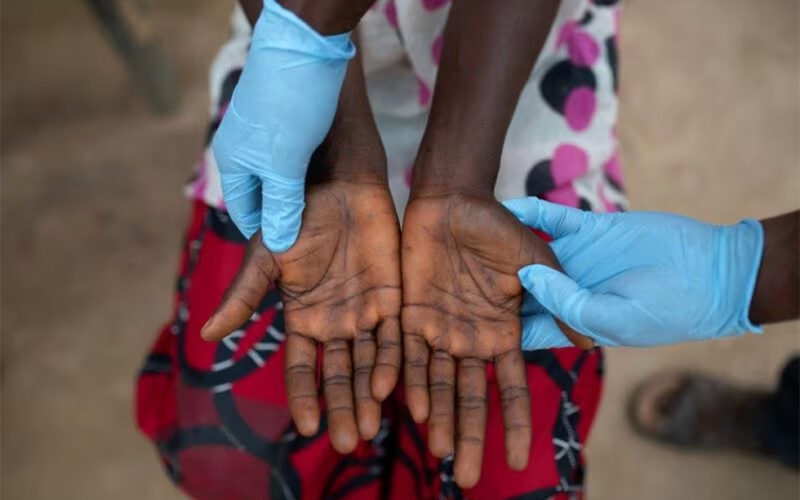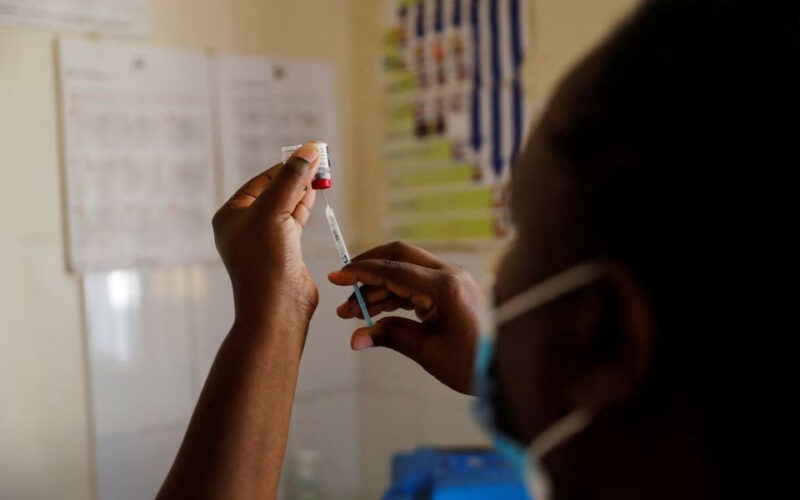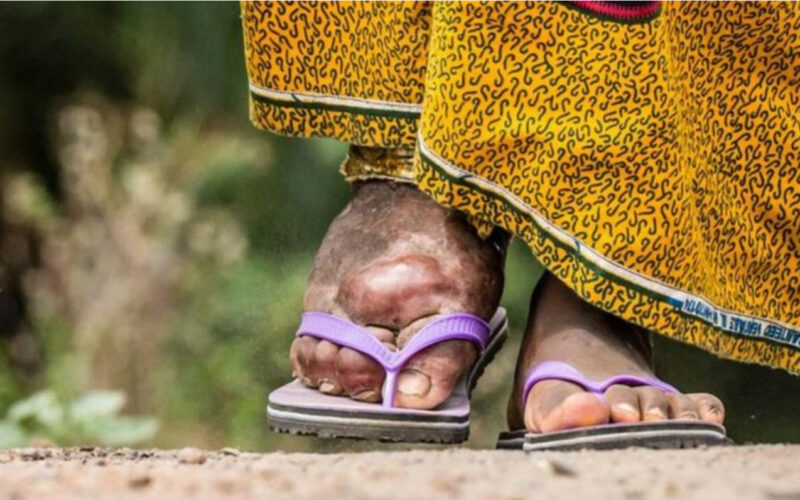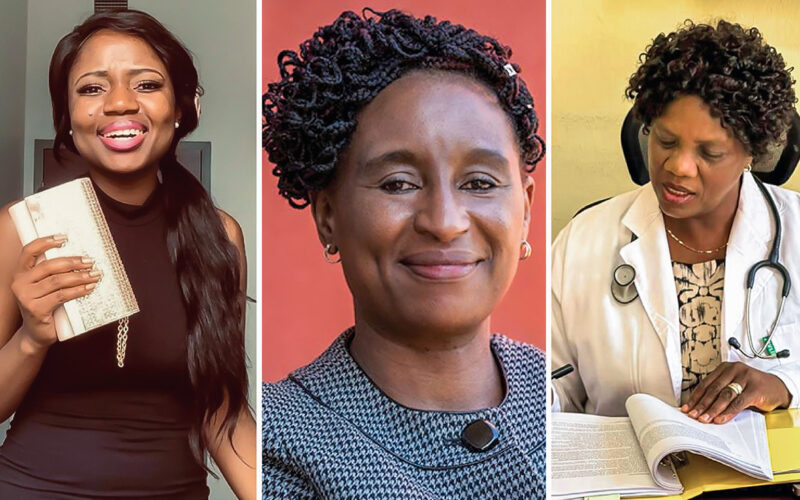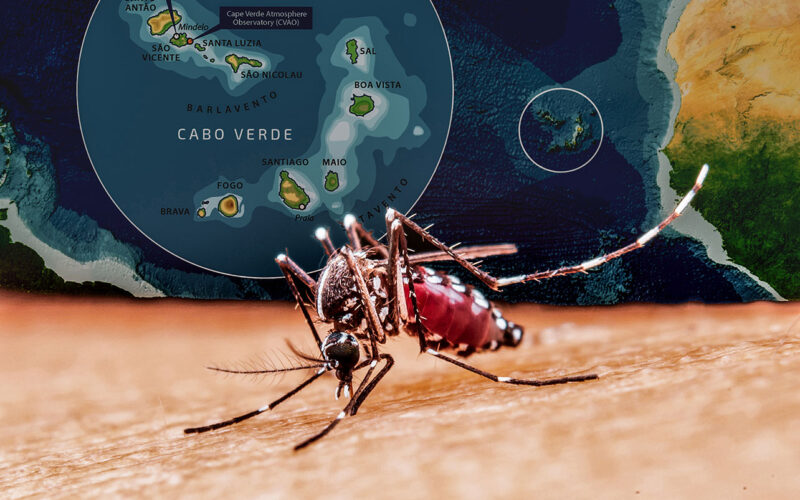
Cabo Verde’s malaria victory is a blueprint for Africa
CABO Verde has achieved a significant milestone in the battle against malaria, securing malaria-free certification from the World Health Organization (WHO). In news released on Friday, January 12, WHO explained that indigenous malaria transmission by Anopheles mosquitoes across the archipelago of 10 islands has been halted nationwide for the past three consecutive years. The country's certification is the fourth on the continent, following Mauritius, Morocco, and Algeria in 1973, 2010, and 2019, respectively. Globally, 43 countries now hold malaria-free certifications. According to Tedros Adhanom Ghebreyesus, WHO's Director-General, "WHO’s certification of Cabo Verde as malaria-free is a testament to the power…



